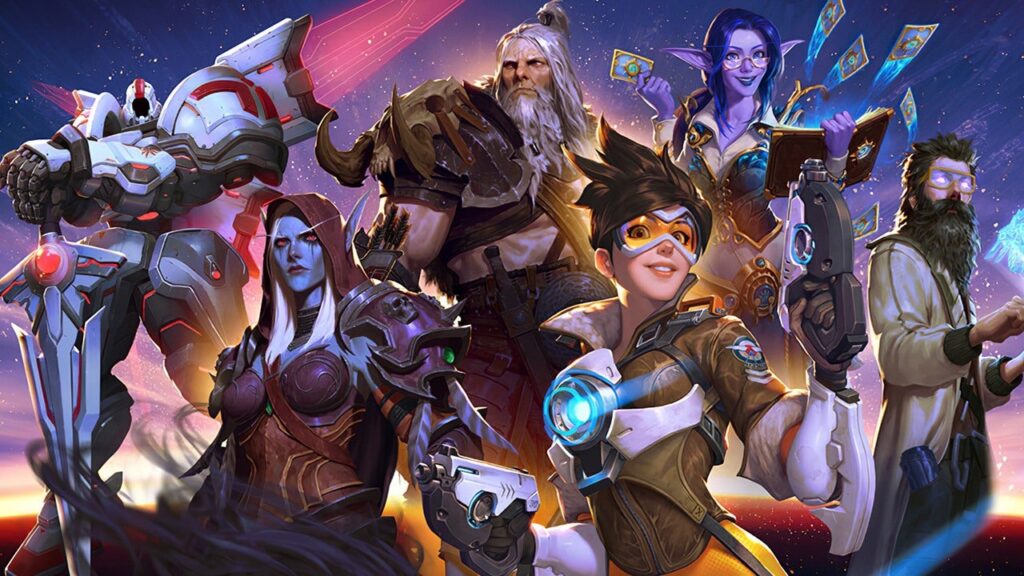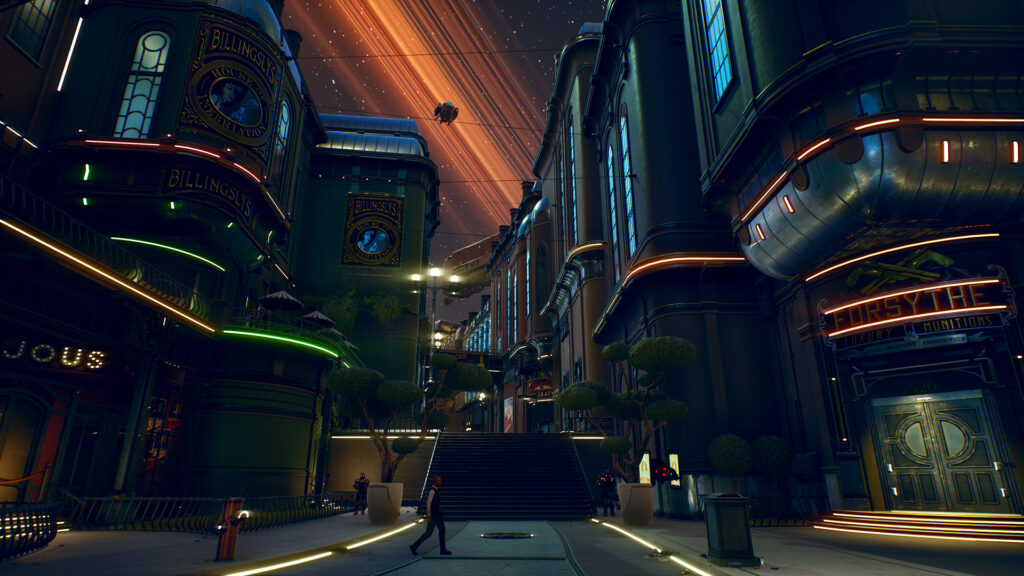Remember when the COVID-19 pandemic hit, flipping our lives upside down and forcefully pushing us into an eerie new world? It doesn’t feel like it, but it’s been around 4 years – can you believe it?
With countless lives lost and industries thrown into chaos, we all faced unprecedented challenges, such as having to adapt to the new remote work reality and dealing with overwhelming feelings of isolation.
During this time, many turned to gaming to alleviate some of these feelings, a practice even the World Health Organization recommended. So how did the gaming industry fare in these trying times? What was COVID-19’s impact on the gaming industry? This is what we’ll explore throughout this article.
COVID-19’s impact on the gaming industry
While most industries were seeing major monetary losses, the gaming industry was seeing constant growth despite all the challenges brought on by SARS-CoV-2. Even with small victories to celebrate, the field wasn’t immune to major setbacks.
Player activity records were broken
Let’s start with the biggest positive: people of all ages, from casual players to hardcore gamers, embraced the digital world.
During the height of the COVID-19 pandemic, the gaming industry saw unprecedented levels of player activity and engagement – Steam, for example, broke its own concurrent players record. At the same time, Nintendo and Xbox had downtime issues due to the massive demand.
This is not at all surprising since billions around the world were confined to their homes due to lockdowns and stay-at-home mandates, which physically distanced people from others. Thus, many turned to video games to cope with isolation and boredom, with many online games, social platforms, and streaming services experiencing surges in usage.

The increase in player activity was accompanied by a significant rise in game sales. According to the NPD Group, video game sales in North America increased by over 30% and video game hardware sales, like consoles and computer components, were up by around 60% compared to the same period a year prior.
Some notable games during this period include Plague Inc., which temporarily dethroned Minecraft as the top-selling game in some regions, Among Us, which became extremely popular among the youth, and Animal Crossing: New Horizons, which massively outperformed their developers’ expectations.
Industry events were affected or even canceled
The COVID-19 pandemic disrupted many events in the gaming industry, leading to the postponement, cancellation, or significant alteration of numerous gatherings and conventions.
For example, the Electronic Entertainment Expo (better known as E3), which used to be the biggest and most anticipated gaming event, was canceled three years in a row as the pandemic wreaked havoc in our world, meeting its demise in 2023.
Many smaller and local events were also disrupted, with BlizzCon, TwitchCon, Brasil Game Show, TennoCon, Gamescom, and Minecon, among many others, being canceled in 2020.

They are vital platforms for developers, publishers, and enthusiasts to showcase new titles, features, and technologies, share industry insights, connect with fellow professionals, and even find investors for their projects (which is especially critical for independent developers).
To cope with their new reality, developers and publishers had to use their creativity to find alternative ways to engage with their audiences and generate buzz around upcoming releases in the absence of traditional showcases.
Formats like Nintendo Direct, PlayStation’s State of Play, and Xbox Inside became a way to get around the issues brought on by the pandemic, allowing companies to showcase upcoming titles and announcements with their fans. They also offered an accessible way for players to stay informed about the latest developments in the gaming world despite not being a unified experience bringing many game studios together.
Esports leagues had to change their plans
Traditionally, esports tournaments are hosted in person to minimize latency and provide an immersive experience for both players and spectators. However, the outbreak forced organizers to rethink their strategies, leading to the cancellation or relocation of events to online formats.
This shift was essential to minimize social contact between competitors and adhere to public health guidelines. As a result, esports leagues had to tackle technical and logistical issues to ensure fair and competitive gameplay while maintaining the integrity of the sport.
For example, the 2020 season of Overwatch League saw numerous changes, including a transition to fully online matches. The same happened with the ESL Pro League Season 11, the competitive Counter-Strike: Global Offensive tournament, and the Teppen World Championship 2020.
Canceled events include the 2020 Fortnite World Cup, League of Legends’ Mid-Season Invitational (MSI), the Pokémon World Championships, and the Nürburgring World Tour.
Many game releases were delayed
Unsurprisingly, the gaming industry also saw numerous delays in game and software releases. Many highly anticipated titles suffered, leaving players eagerly waiting even more for their arrival.
Sure, we can attribute everything to COVID-19, but several factors related to it contributed to these delays.
Firstly, the transition to fully remote work posed logistical challenges for game development teams, which affected communication, collaboration, and workflow efficiency. Workers also had to adapt to new work environments and face potential disruptions in production pipelines, which caused an extension to the timelines for game development.
Secondly, the uncertainty surrounding the global situation prompted studios to reassess their release strategies. Following the first point, many developers opted to delay launches to ensure a polished and high-quality product, prioritizing player experience over strict deadlines.
Thirdly, the pandemic-induced economic instability influenced consumer spending habits, prompting developers to evaluate market conditions and adjust release schedules accordingly.
Finally, the cancellation or postponement of gaming-related conventions deprived developers of critical opportunities to showcase their projects and generate buzz among audiences. This lack of exposure led studios to take on alternative marketing and promotional strategies, further impacting release timelines.
Some games that were impacted include The Outer Worlds (pushed back around 3 months), Minecraft Dungeons (a month), Sword Art Online: Alicization Lycoris (around 45 days), Ghost of Tsushima (a month), Cuphead: The Delicious Last Course DLC (around 2 years), and Gran Turismo 7 (around a year).

Hardware production was scaled back
The COVID-19 pandemic also triggered a series of disruptions across hardware manufacturing lines.
Popular consoles like the Nintendo Switch and virtual reality (VR) headsets (such as the Valve Index) faced production constraints as manufacturers faced logistical issues with their supply chains. Quarantines and social distancing measures further compounded these issues, causing manufacturers to temporarily scale back their production.
We also saw some gaming console releases being postponed, like Konami’s TurboGrafx-16 Mini, Atari’s VCS, and Blaze Entertainment’s Evercade.
Closing thoughts
Sure, the COVID-19 pandemic presented an undeniable challenge for our lives. Nonetheless, the gaming industry showed remarkable resilience, standing strong and growing amidst the chaos.
The surge in player activity and engagement highlighted the power of gaming as a source of entertainment, connection, and escapism during difficult times. The industry’s adaptation to remote work and online events showcased its ingenuity and resourcefulness.
Despite delays and hardware shortages, incredible titles continued to be released, keeping players engaged and looking forward to the future.
All in all, one thing is certain: despite COVID-19’s impacts on the gaming industry has proven its ability to adapt and thrive even in the face of adversity.
Looking for a professional game development studio?
Whether you’re seeking assistance with game development, optimizing player engagement, creating art for games, implementing cutting-edge technology into your projects, or game design-related issues, you can count on Main Leaf!
We’re a game studio that’s been delivering fully-fledged projects for over a decade, creating them with passion through Unity and Unreal Engine. With our team of experienced professionals and dedication to excellence, we are committed to bringing your gaming vision to life and ensuring its success in the competitive gaming market.
To get started with Main Leaf, shoot us a message below!

